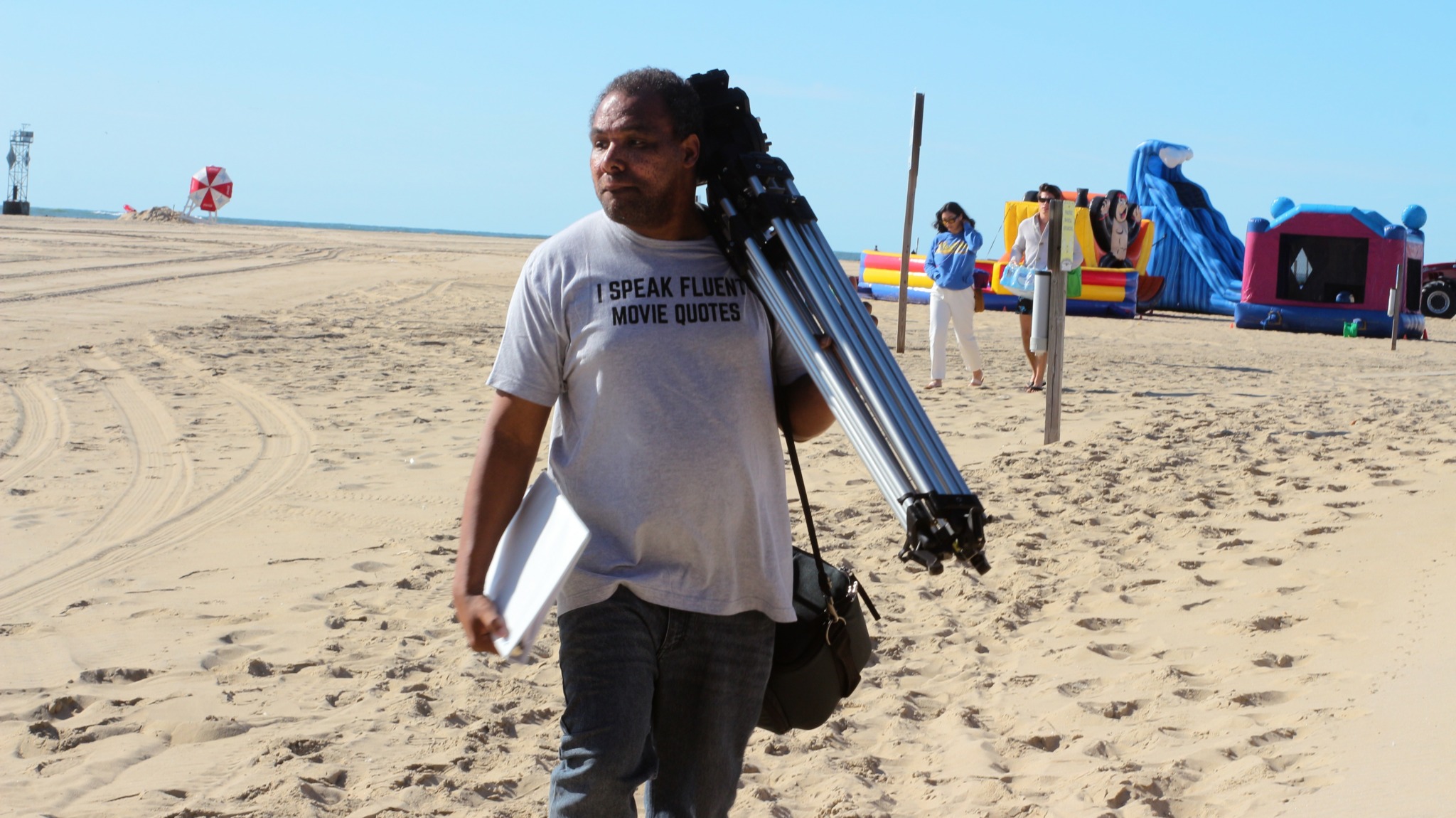We’re excited to introduce you to the always interesting and insightful Marlon Wallace. We hope you’ll enjoy our conversation with Marlon below.
Marlon, thanks for taking the time to share your stories with us today We’d love to hear about a project that you’ve worked on that’s meant a lot to you.
My first film was a short called ‘Peer’ and it is the most meaningful project I’ve worked on. I’ve been in love with film and filmmaking ever since I was little, but I am a gay African American artist. Seeing material or content on the big screen or even the small screen that centers queer Black people is rare. I have volunteered for the Ocean City Film Festival in Ocean City, MD for the past few years and as a juror, I rarely saw films that centered queer people of color. It got to a point in 2021 where I decided that instead of complaining, I needed to jump into the game and start creating films that were reflections of me or people like me who were underrepresented.
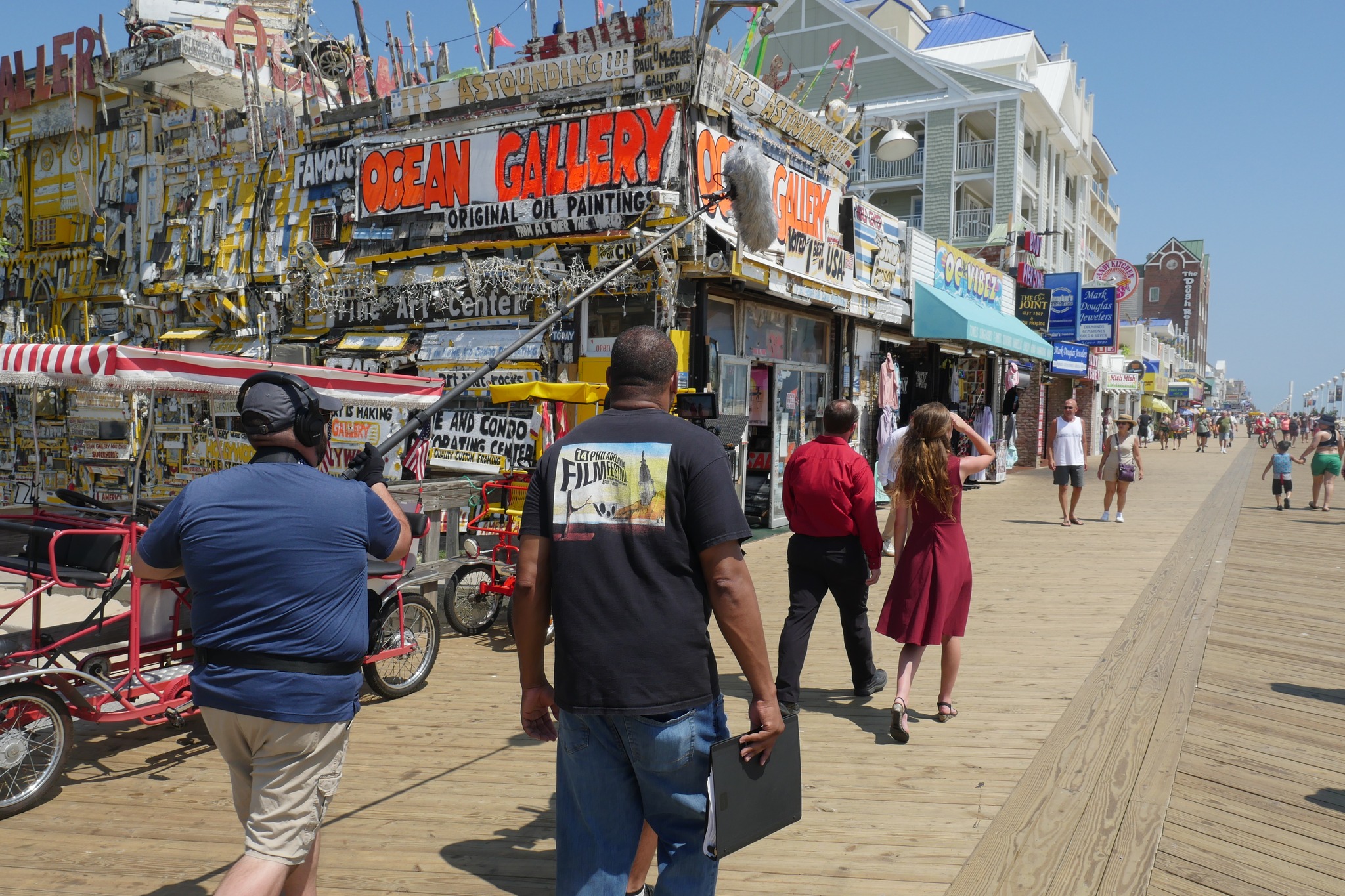
Marlon, before we move on to more of these sorts of questions, can you take some time to bring our readers up to speed on you and what you do?
I work as an editor at WBOC-TV in Salisbury, MD. It’s a job I’ve had since 2003. It’s the first job that I got after graduating from Wesley College in Dover, Delaware. A professor at Wesley recommended I apply, given my love of documentary films and nonfiction storytelling. I started as a videographer, shooting news pieces. Since then, I have worked as a news producer but have now done editing for the evening broadcasts for over a decade. Journalism is my background and nonfiction storytelling has been where my skills have been honed. When I began doing creative filmmaking, those nonfiction skills were integrated.
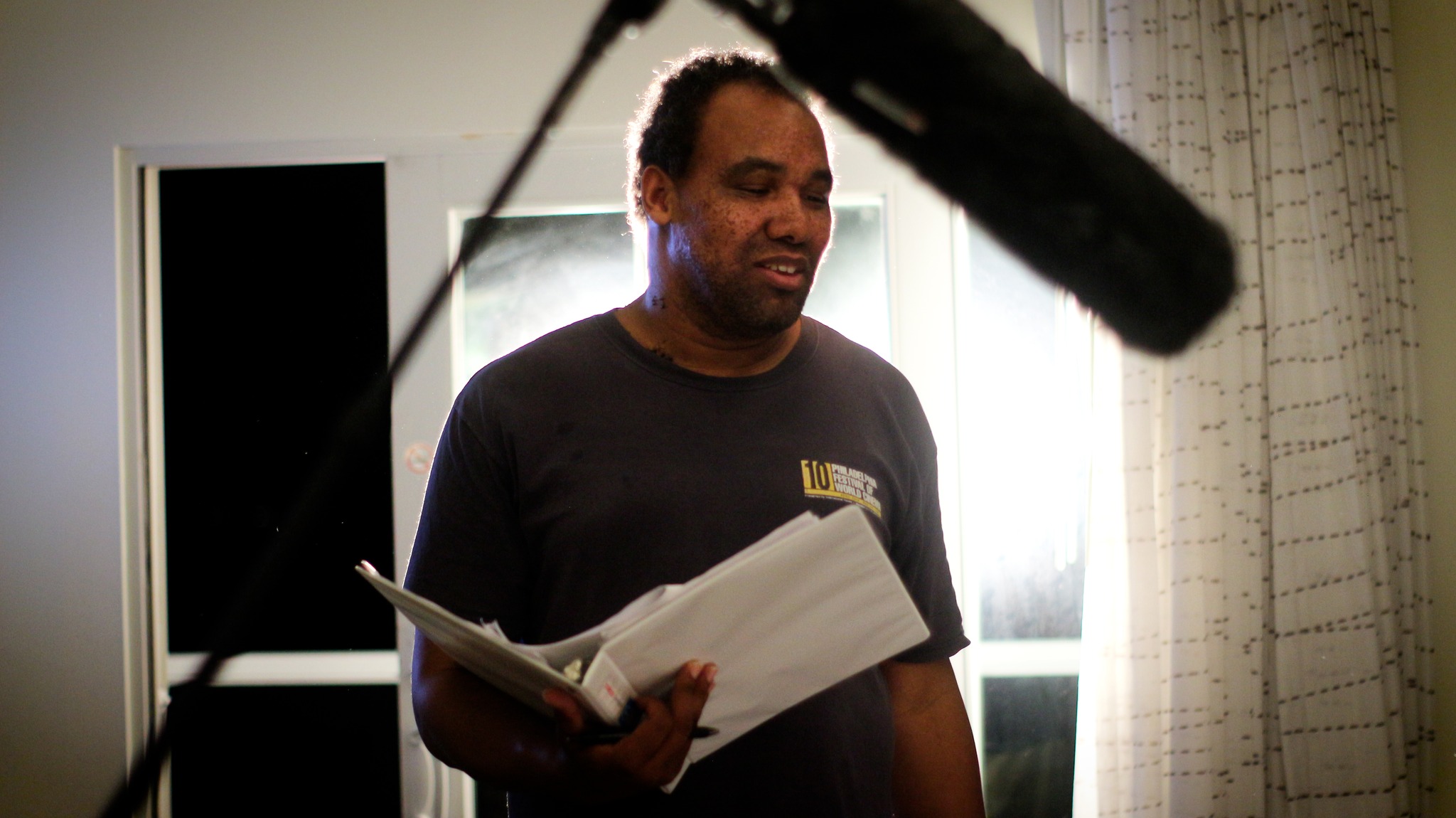
We’d love to hear a story of resilience from your journey.
Last year, I produced a short film that involved four actors, two main actors and two supporting actors. The night before we were supposed to shoot, one of the main actors called and informed me he would not be doing the film. I could have postponed the production, but I had been planning the shoot for months and scheduling everything again would have made me feel highly deflated. Doing so would have also made me as if the whole thing were effectively canceled. What I decided is to move forward, but do a major amount of rewriting, which I sprung on the cast that night before we began. Thankfully, the cast agreed to roll with the changes. One of the supporting actors became the main actor and the other supporting actor played dual roles in what became a radical rewrite of those two supporting characters. It was a demonstration of how I took a problem, which potentially could have sunk the film and turned into something that remained buoyant or afloat.
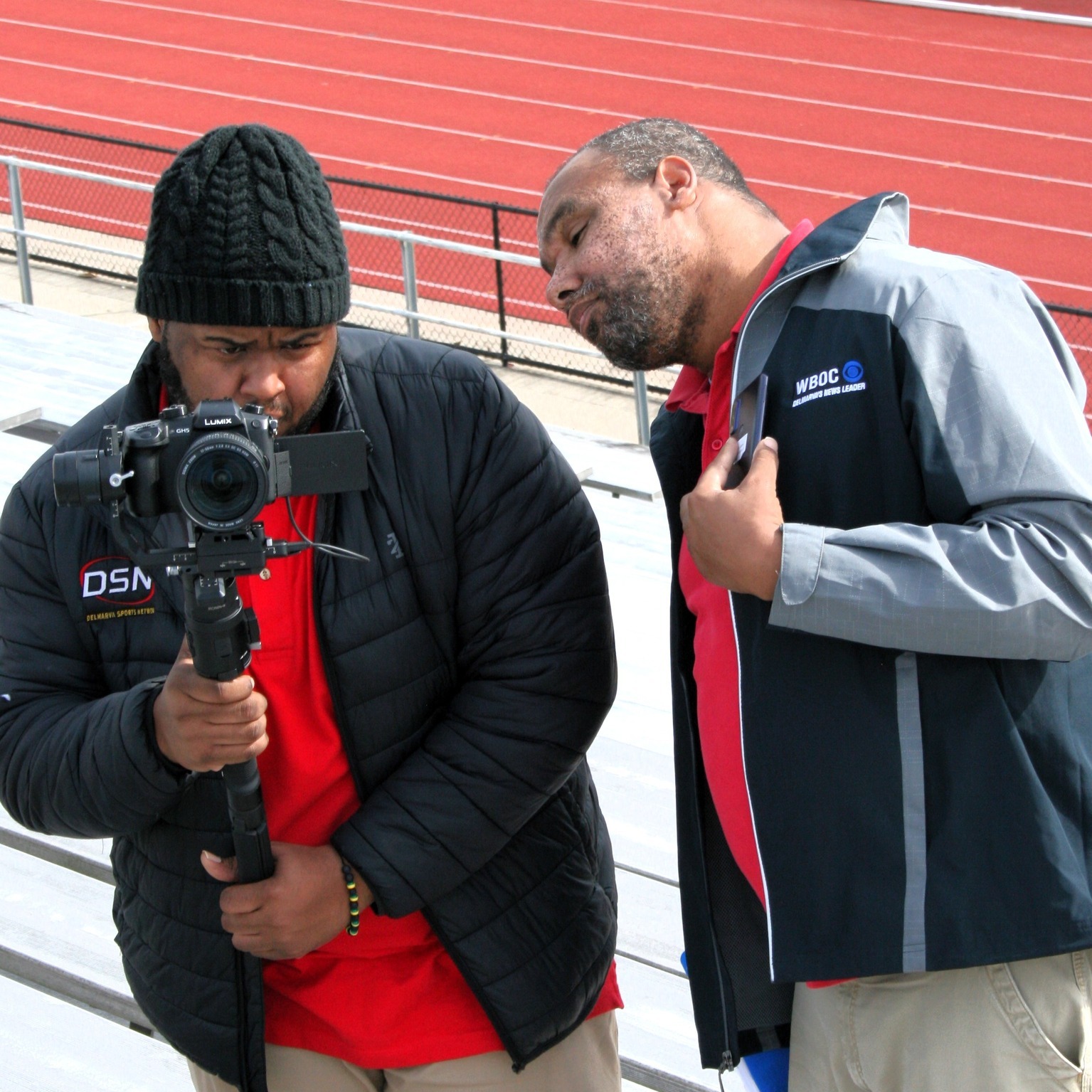
How can we best help foster a strong, supportive environment for artists and creatives?
As a filmmaker, my hope is that people continue going to theaters or if they aren’t, try returning to the movies as much as they can. If there is some overriding reason that going to the theaters is something you can’t do, due to financial reasons or otherwise, I would recommend that people pay for films to watch at home but not to pay for the big blockbusters. Instead, I would encourage people to support independent films, international films, art-house films and films with minority leads, ones that have BIPOC or queer people as the protagonists or main characters.
Contact Info:
- Website: https://www.wboc.com/features/the_m_report/
- Instagram: https://www.instagram.com/peershortfilm/
- Facebook: https://www.facebook.com/Peershortfilm/
- Linkedin: https://www.linkedin.com/in/marlonwallace/
- Twitter: https://x.com/marlonwallace
- Youtube: https://www.youtube.com/marlonwallace
- Other: https://vimeo.com/marlonwallace
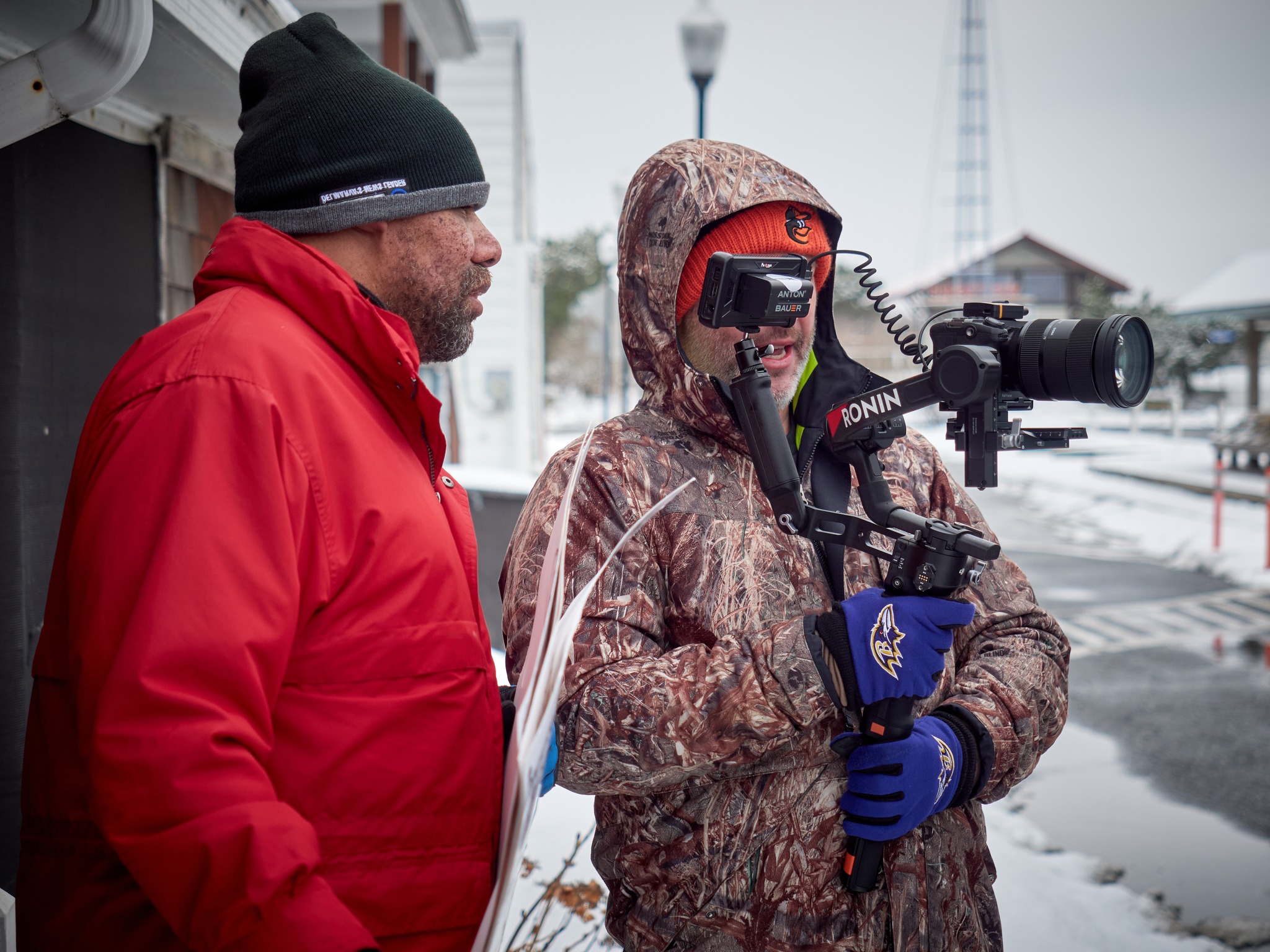
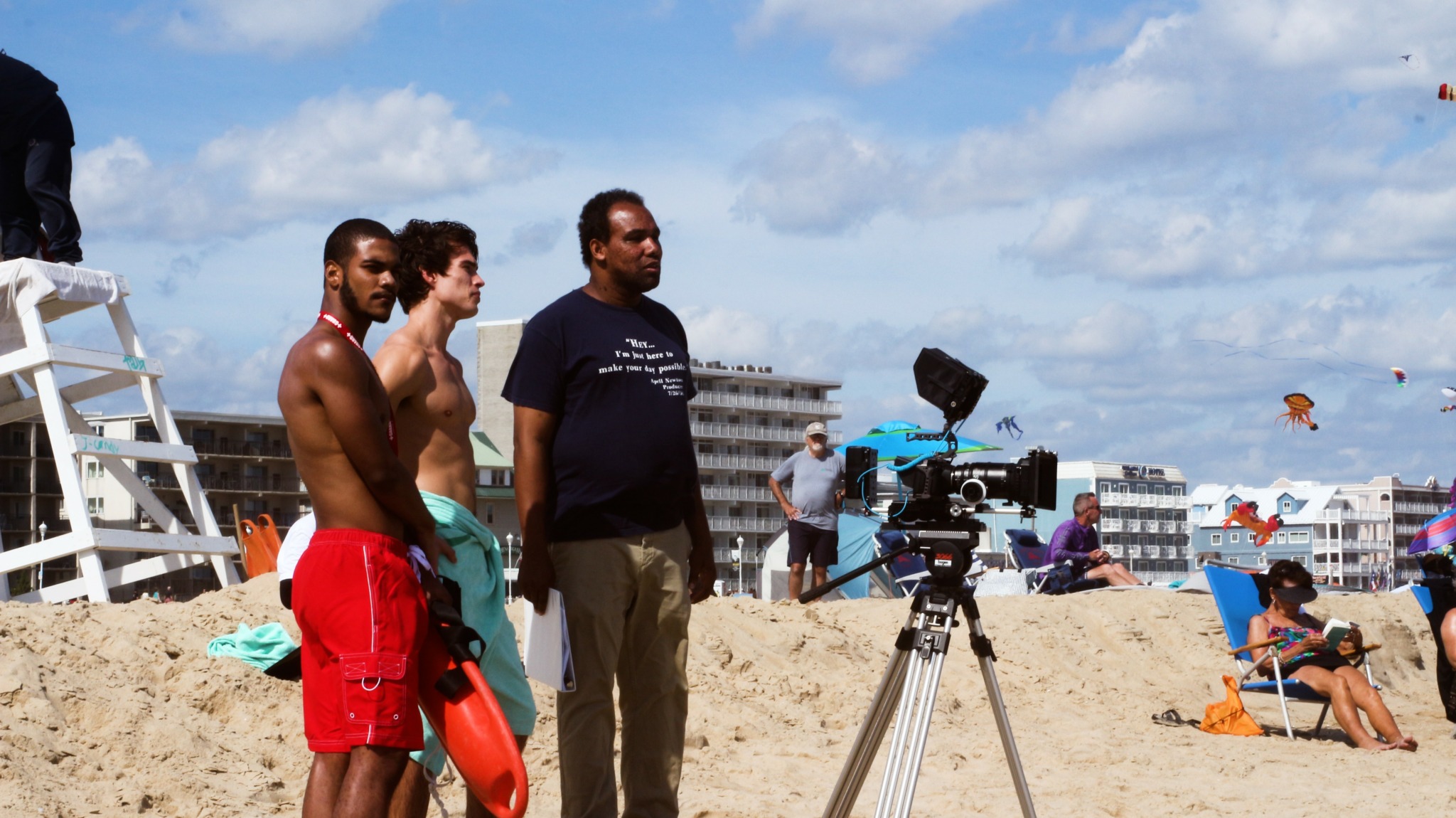
Image Credits
Peer LLC


